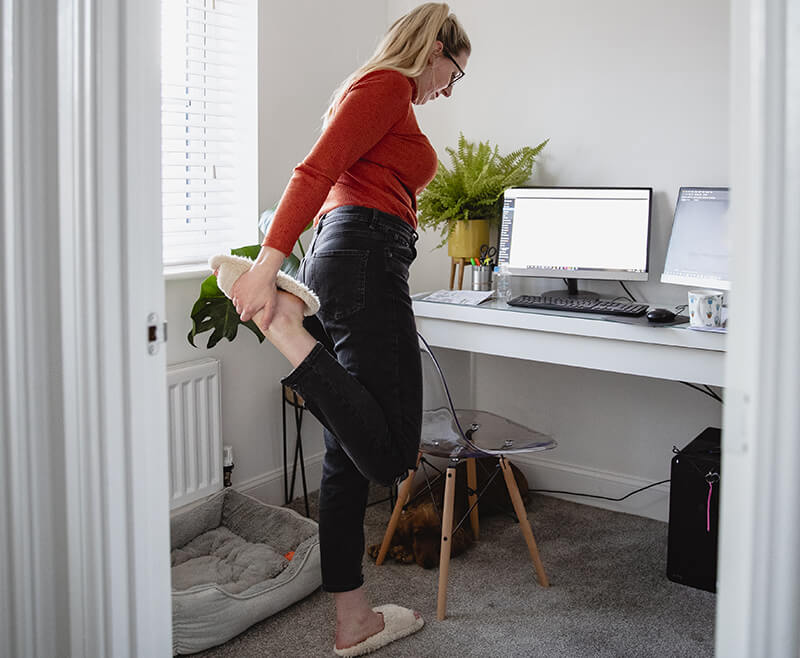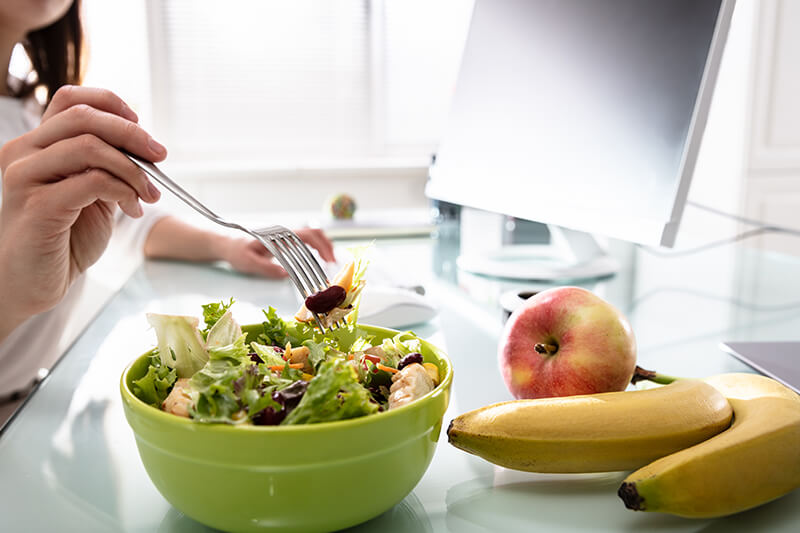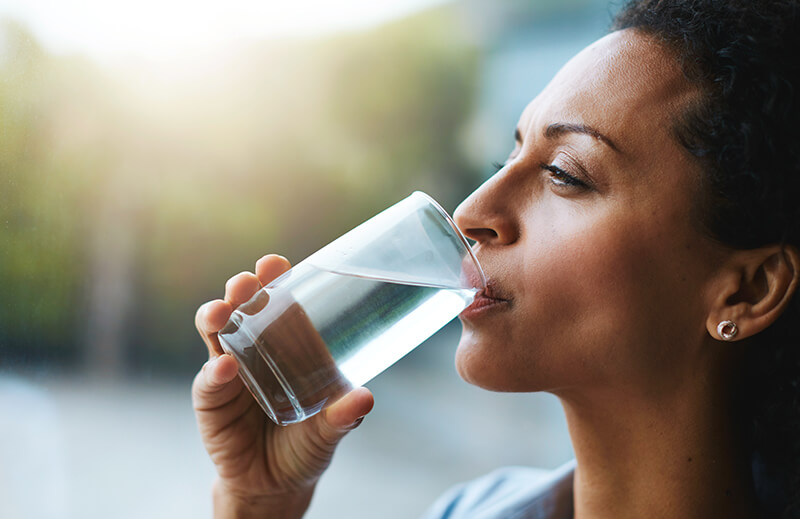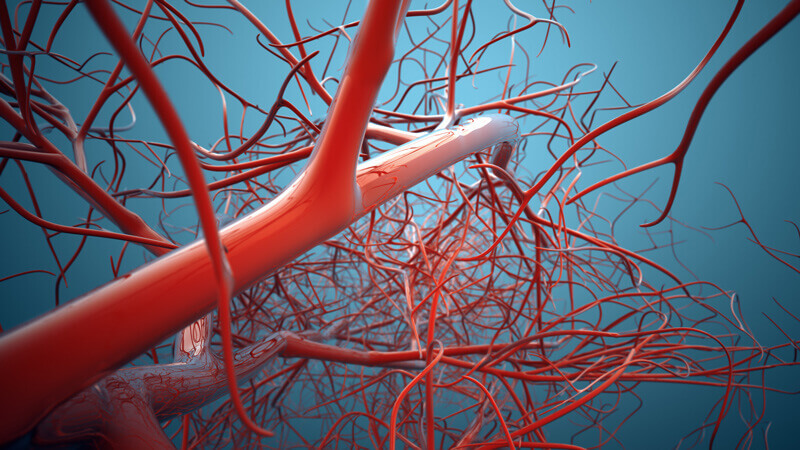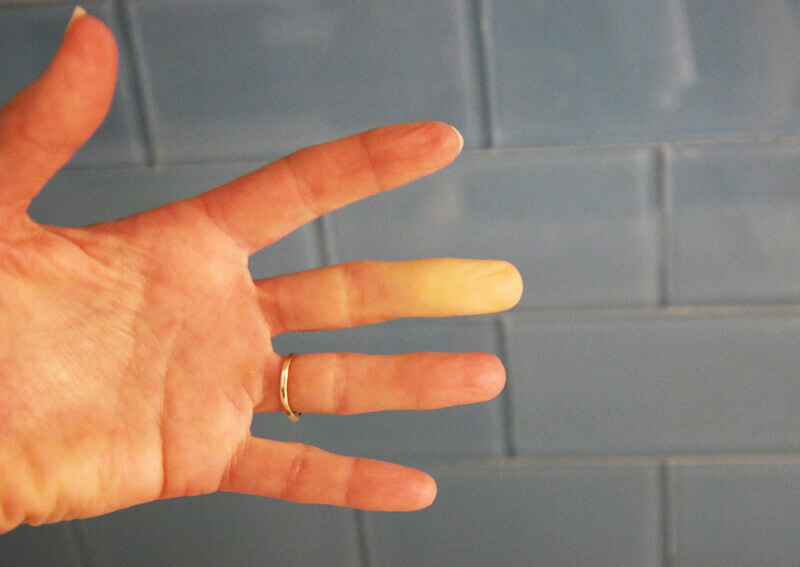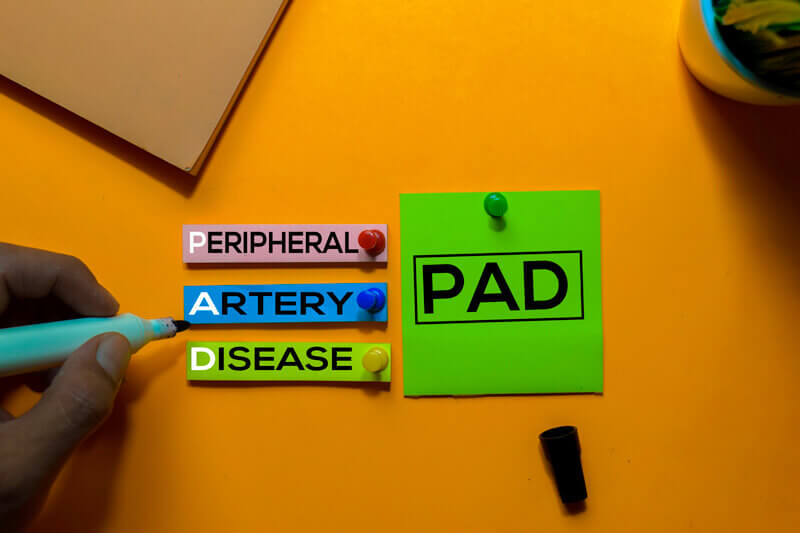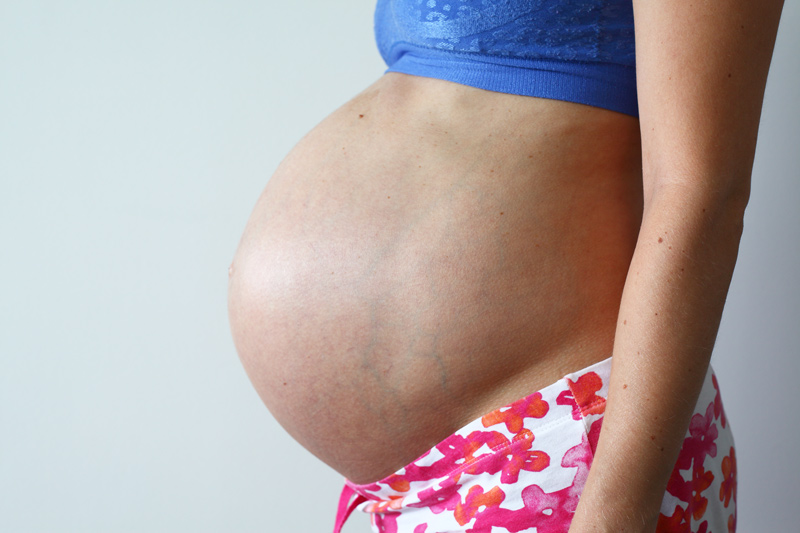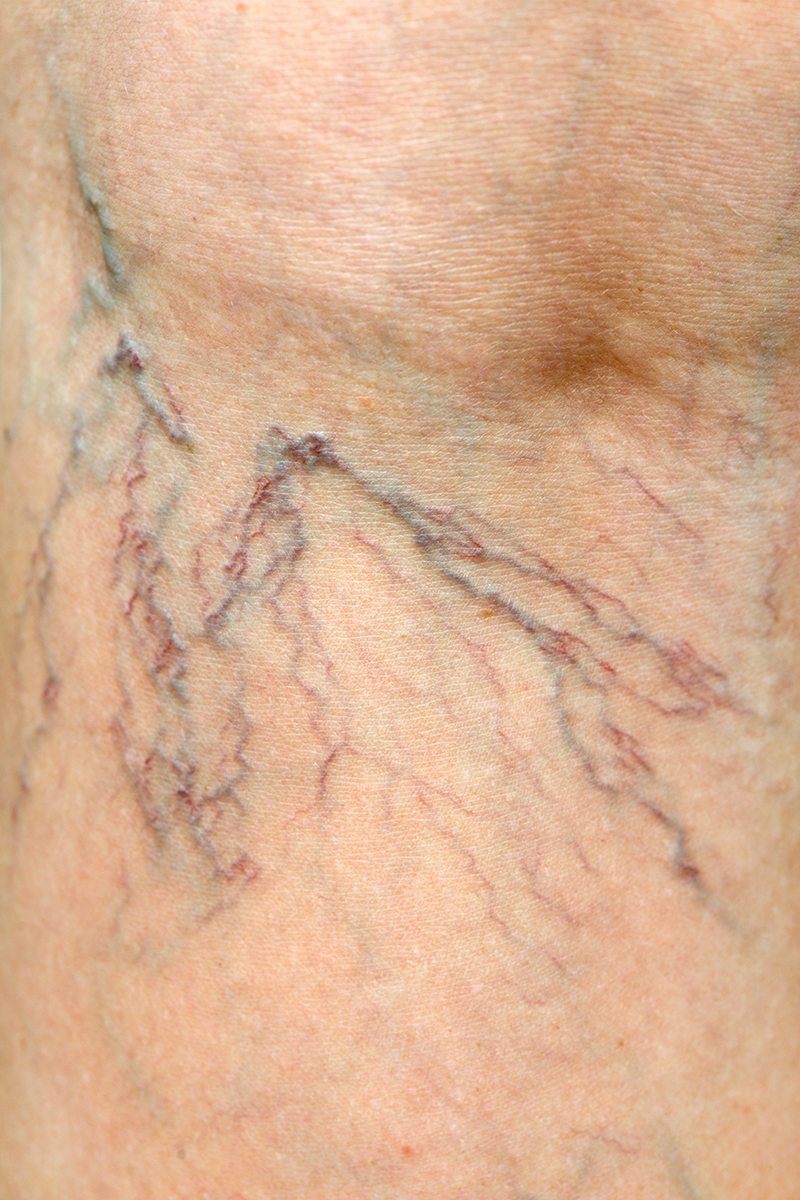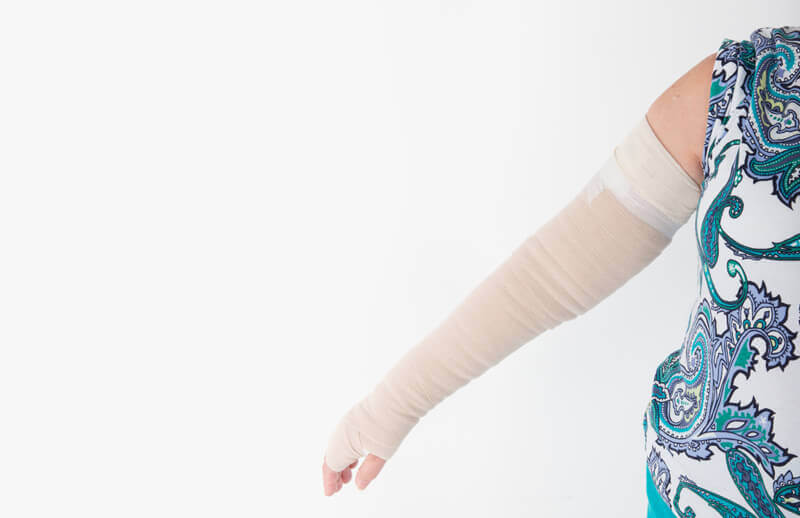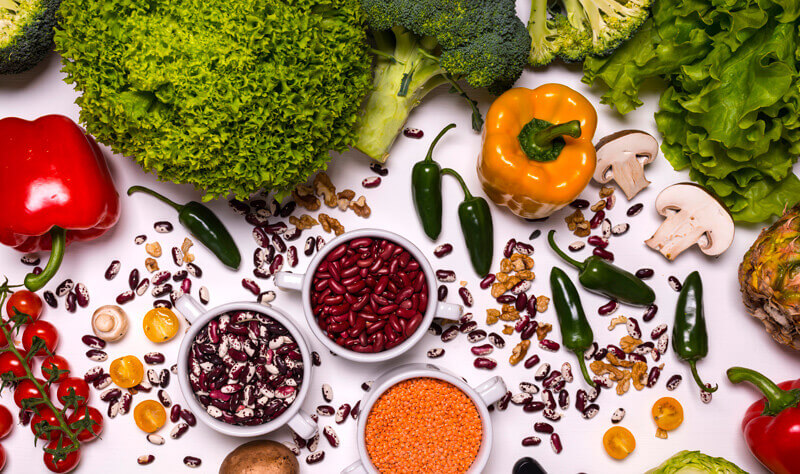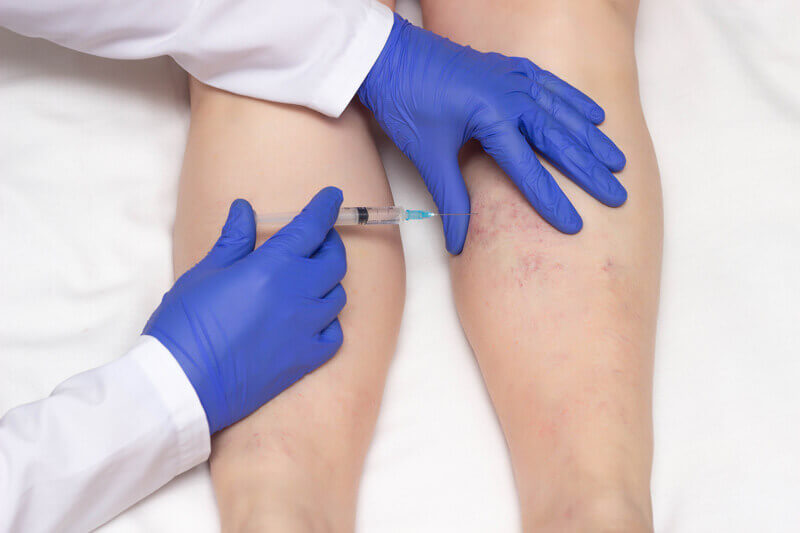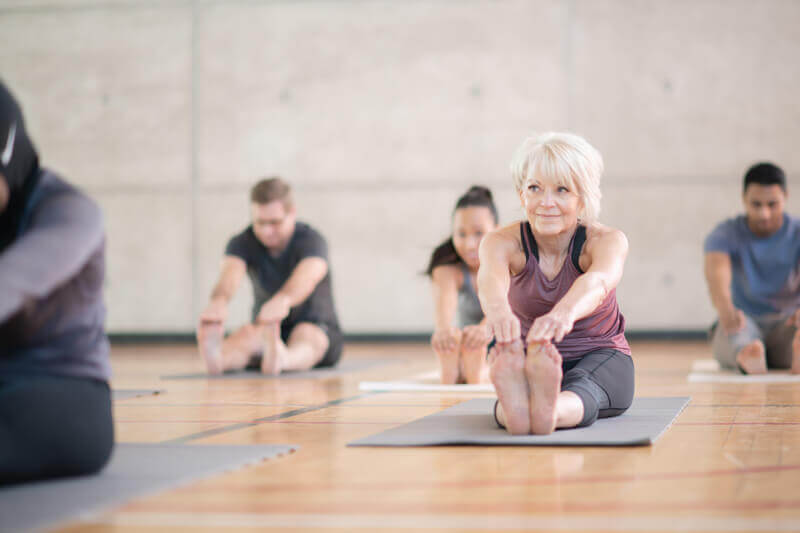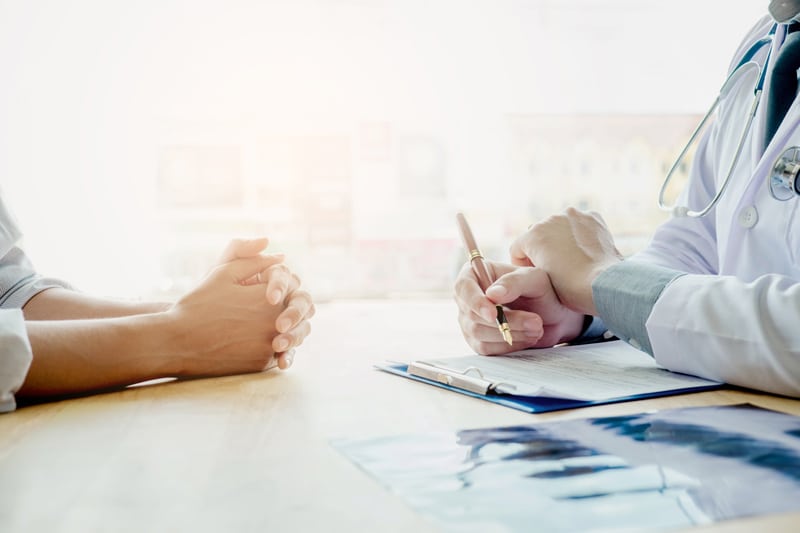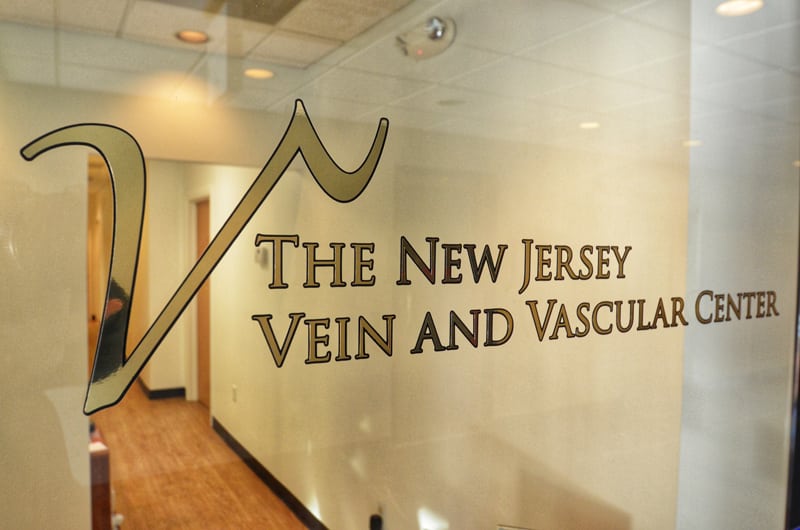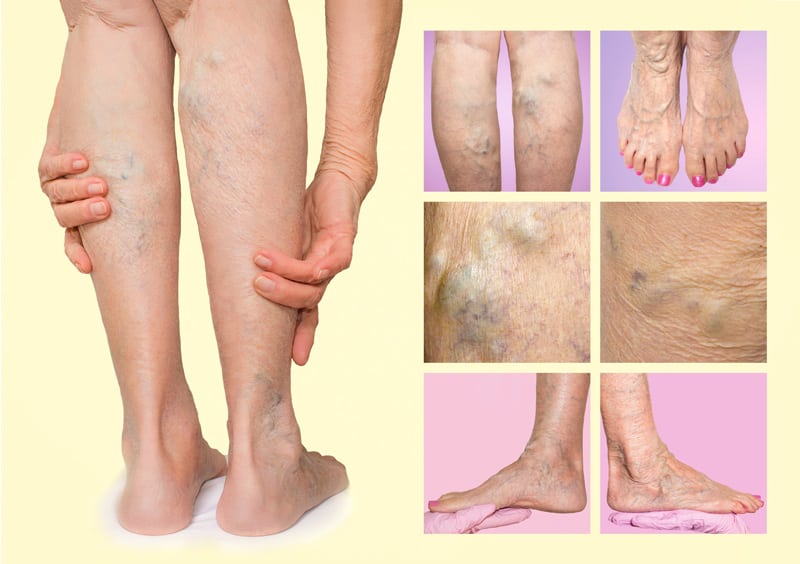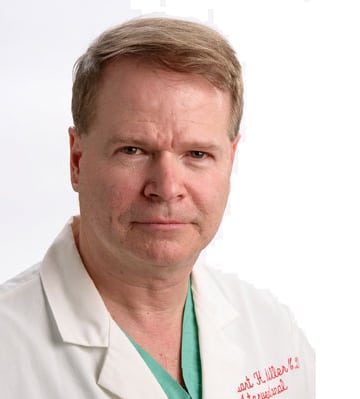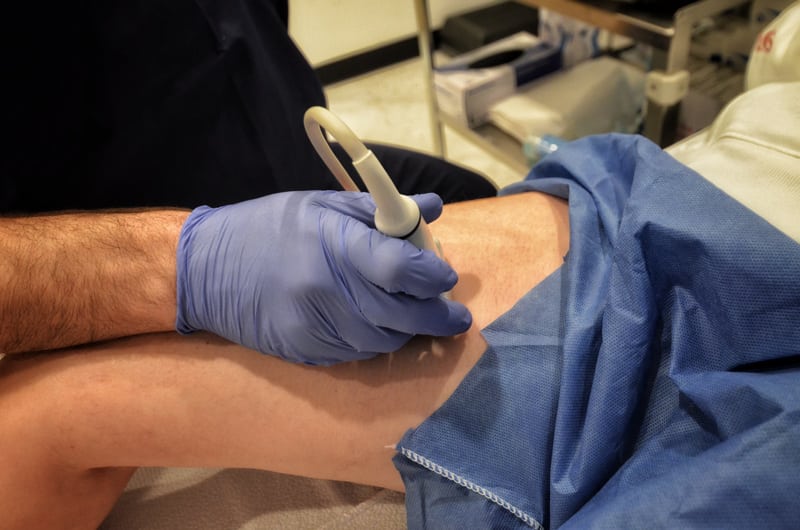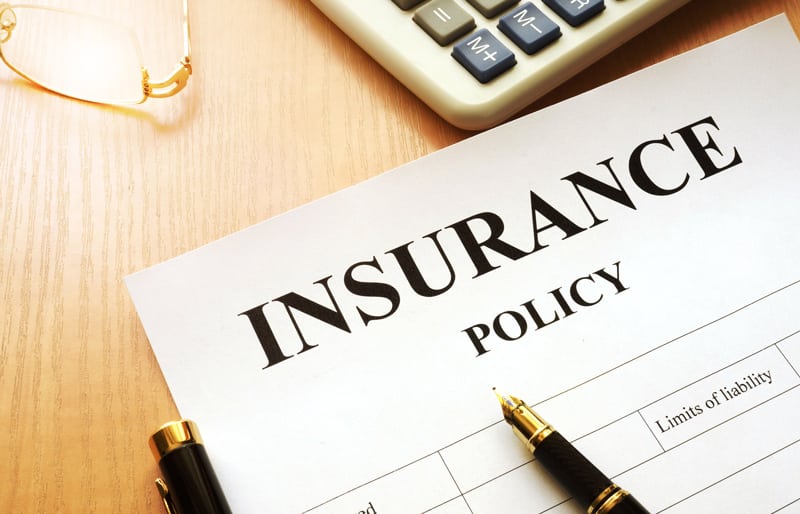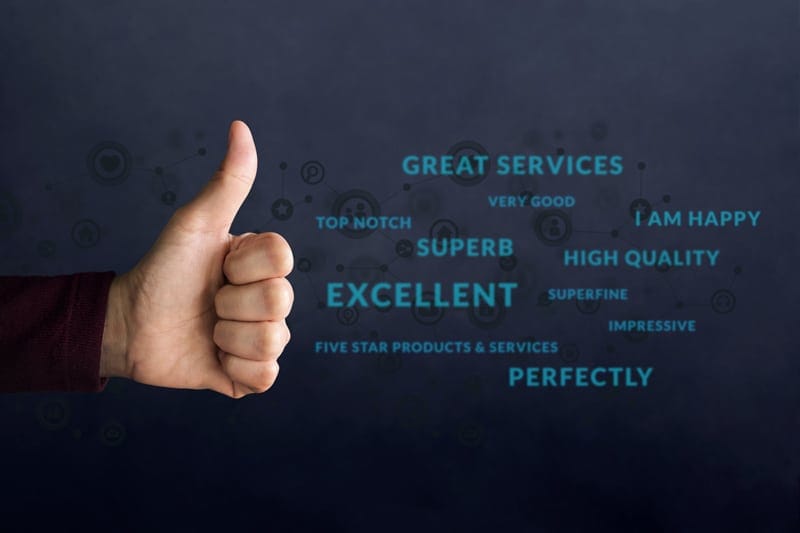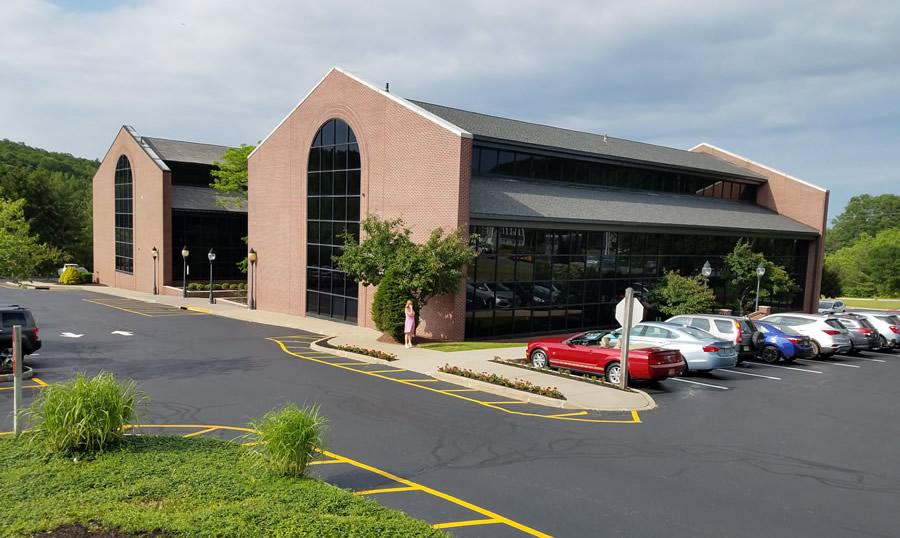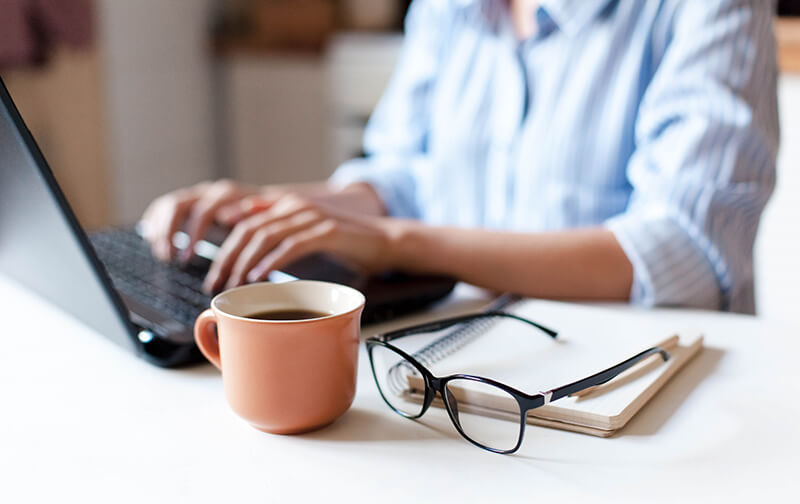
Support Your Vein Health While Working from Home
Working from home during quarantine is disruptive to life in more ways than one. Being stuck at home can affect your mental and physical health, including your veins.
Staying inside week after week means more sitting and a lack of mobility. Typically, there is not a ton of exercise involved with commuting to the office. But, at least, we had to walk in and out, upstairs and down, or go outside to take a break.
Even those minimal movements increase circulation throughout our legs and bodies. Being stuck at home, unfortunately, encourages a sedentary lifestyle. Hour after hour, day after day, week after week, quickly adds up to months of time. An extended time of immobility is harmful to our bodies and increases the risk of varicose veins.
You Can’t Change the World, but You Can Improve Your Health
Fortunately, the effect of being stuck at home doesn’t take away our control. With some conscious effort, real progress towards maintaining health is achievable.
With a bit of movement throughout the day, our bodies can fend off the effect of hours sitting at the computer or on the couch.
While it’s easy to get lost in work when telecommuting, breaking up your day is important. Here’s how to create healthy habits for your mind, body, and of course those pesky varicose veins.
Frequent Movement is Critical to Vein Health
Walk, stretch, and move. Even simple exercises will aid in better circulation.
Your vein health is reliant on a functional circulatory system. Create habits in your daily routine that will get your blood pumping and keep your varicose veins in check.
Throw in an extra walk around the block when you take your dog out. Hike that trail that you’ve heard has beautiful views. Stay a little longer at the beach to walk some of the shoreline. Find ways to keep moving that you enjoy. That way taking a walk won’t feel like a chore.
Start off any exercise routine slowly. Just a few burpees, pushups and jumping jacks will get your heart rate up. Do a set in the morning, before lunch, and at the end of the workday. With just a few minutes each day your circulation will improve with greater results.
Put Your Feet Up
Circulation has a heck of a time moving upward and sitting all day only aggravates blood pooling. Elevating your legs throughout the day will help return your blood back to your heart. It will reduce the resistance of veins doing their work.
So, put your feet up whenever you can. You are home, so you might as well take advantage of the informal environment and help your veins.
Stretch Regularly
When you stretch, you increase your ability to move and reduce potential cramping. Remember to stretch your legs, back, arms, and stomach. Doing so will strengthen the veins throughout your body.
During those long zoom meetings, point your toes to the sky and then out straight. Completing this movement will flex your calf muscles and encourage blood flow.
Between tasks, get out of your seat and do a couple of lunges. You don’t need to do a lot of reps to reap the benefits. If you hate the idea of “working out” then just touch your toes and hold the stretch.
Don’t Wear Tight Clothes
Constricting or tight clothing while sitting for long periods of time only adds to circulation restriction. Avoid it. You’re at home, so be comfortable and take advantage of casual attire.
If you’re in a video conference, a dress shirt may be appropriate, but no one will see your pants. Make those stretchy and elastic waistband pants work for you! You’ll spend plenty of time in jeans and dress pants once we all get back to the office.
Watch What You Eat
Let’s face it, you are what you eat. And while at home it’s easy to get bored and overdo it. Practicing mindfulness while having snacks will help you stay aware of how much fuel you are adding to your fire.
If you like to nibble, because really who doesn’t, go for fruits and vegetables. If you choose these options, at least some of the time, you’ll have more energy and better circulation.
You may think that eating less takeout is the ticket to staying fit. But choosing foods that are low in sodium and fat will keep your weight and blood pressure within a normal range. Processed foods and sugary foods will only exacerbate vein health issues.
Drink Water Regularly
It’s easy to get into the habit of drinking that extra cup of coffee or reaching for a soda at home. But caffeinated drinks will only put more strain on your veins.
Drinking water and staying hydrated are key to helping your veins circulate blood. Becoming dehydrated will shrink and constrict your veins. And narrowing veins are less likely to pump blood correctly.
Drink lots of water and don’t worry about extra trips to the bathroom. Your trips back and forth will benefit your circulation too!
Don’t Put Off a Potential Problem
If you realize something’s off with your legs and veins, seek professional medical help. Don’t delay. Medical issues tend to grow; they typically don’t just fade away.
Serious vein problems can turn into heart problems involving constrictions, blood clots, or worse. Don’t take the risk of untreated circulatory issues. Take preventative steps to stay on top of your care.
Remember to Keep Your Mindset in the Right Place
Work may be more stressful and time-consuming right now. You may even feel that you don’t have what it takes to improve your situation. It can seem overwhelming, but don’t let it.
A healthy body starts with a healthy mind. By keeping a productive and positive outlook, even in the face of challenges, you can break down hurdles into smaller tasks.
Your fitness routine will not only keep you loose, flexible, and comfortable, but it will also relieve stress.
Working from home can seem to make the days all blend together. Remember that self-care is important now more than ever. Take the time to get your blood flowing and increase your vein health.
Don’t let quarantine get you stuck in a rut. You can keep your veins in good shape with a little bit of work and regular daily discipline. It’s easy, anyone can get started! Prevent negative effects on your long-term health and veins by keeping these tips in mind.


